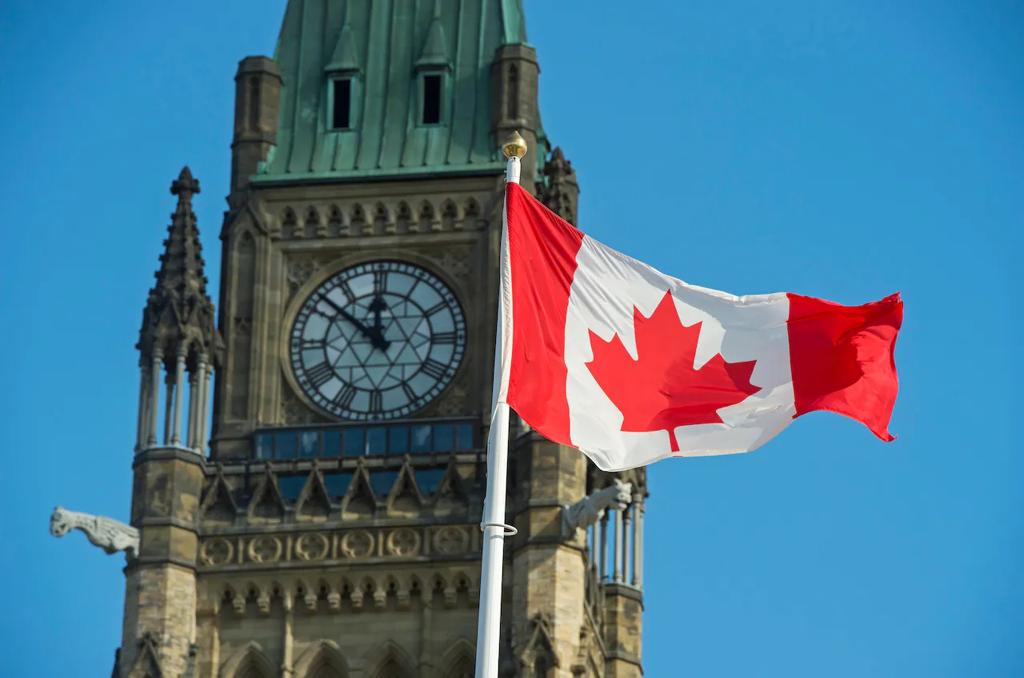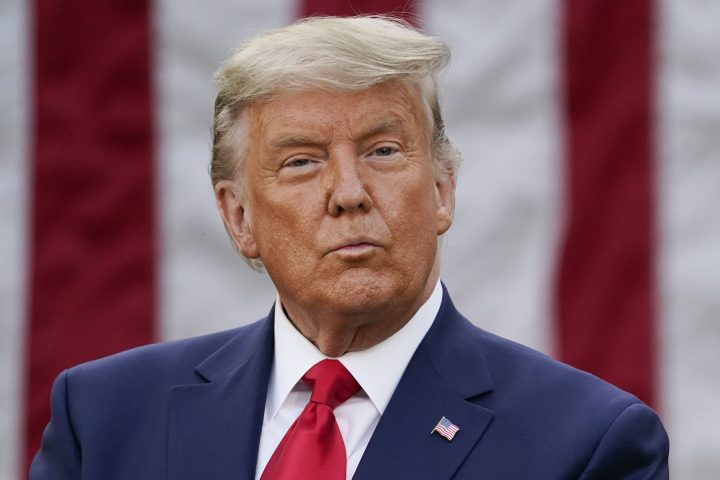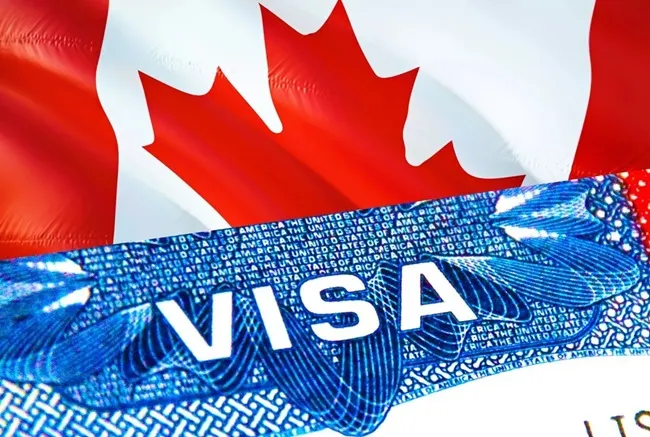Sean Fraser, the Minister of Immigration, Refugees and Citizenship, made an important announcement today during his visit to Winnipeg. The focus of his visit was to unveil a new policy that grants visa-free travel to Canada for passport holders from 13 countries.
Previously, individuals from these countries had to obtain a Temporary Residence Visa (TRV) to visit Canada. However, the new policy eliminates this requirement for eligible travellers.
Join our WhatsApp ChannelTo qualify for visa-free travel, individuals must either have held a Canadian visa in the past 10 years or currently possess a valid United States non-immigrant visa.
This change applies to air travel only and benefits passport holders from the following countries: Philippines, Morocco, Panama, Antigua and Barbuda, St Kitts and Nevis, St Lucia, St Vincent and Grenadines, Trinidad and Tobago, Argentina, Costa Rica, Uruguay, Seychelles, and Thailand.
The objective of this policy change is to streamline the pre-travel screening process, making it easier, faster, and more affordable.
Minister Fraser emphasized that this decision would alleviate the burden on Immigration Refugees and Citizenship Canada (IRCC) by diverting thousands of applications from the visa caseload. Consequently, IRCC will be able to process visa applications more efficiently.
READ: 25 Visa-Free, Visa-On-Arrival Countries For Nigerians
This move is not unprecedented. A similar pilot program was implemented in Brazil in 2017, which yielded positive results. The program led to a 40% increase in visitors from Brazil to Canada and a 60% reduction in caseload at IRCC’s Sao Paulo office. This success allowed IRCC officers to dedicate more time to handling complex applications.
It’s important to note that over 50 countries already have visa-free access to Canada, although most require an Electronic Travel Authorization (eTA) for air travel. Additionally, citizens of the United States do not need an eTA or a visa to enter Canada unless they plan to work or study there.
For nationals of countries not exempt from visa requirements, obtaining a TRV (visitor visa) is necessary. A TRV permits individuals to stay in Canada for up to six months, depending on their nationality.
However, holding a TRV does not grant permission to work or study in Canada. At the port of entry, visitors may be asked to demonstrate that their purpose for visiting Canada is temporary, such as for tourism or visiting family.
It’s worth mentioning that IRCC is currently working through a backlog of TRV applications. According to the latest data, 50% of TRV applications are not being processed within the established service standards of 14 days.
Minister Fraser acknowledged that the recent strike by the Public Service Alliance of Canada had impacted the processing of TRV applications. He revealed that approximately 100,000 applications were left unprocessed during the 12-day strike, which took place from April 19 to May 1. However, he expressed optimism, stating that IRCC is expected to catch up to pre-pandemic processing standards in the coming weeks or months.
The new visa-free policy for select countries, coupled with ongoing efforts to improve processing times, demonstrates Canada’s commitment to facilitating travel and attracting visitors from around the world. As the country works towards recovery and revitalization, these measures will undoubtedly contribute to a more seamless travel experience for international tourists and business travellers alike.


















Follow Us